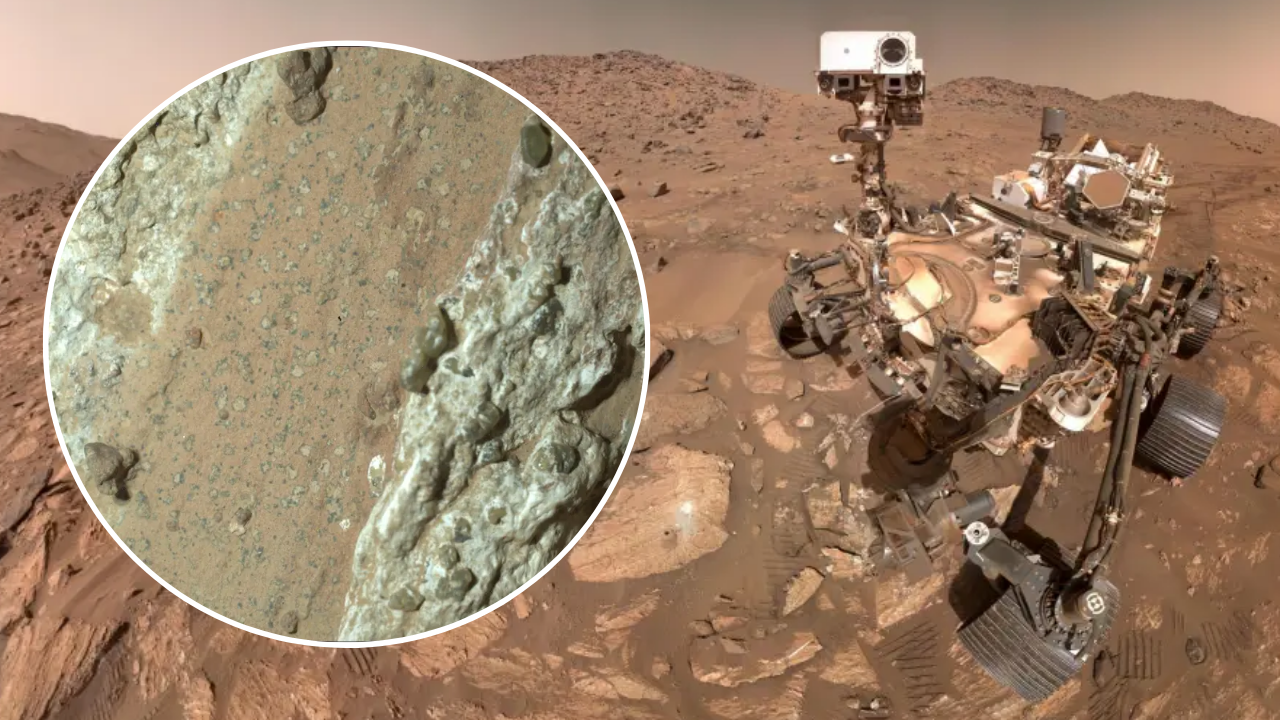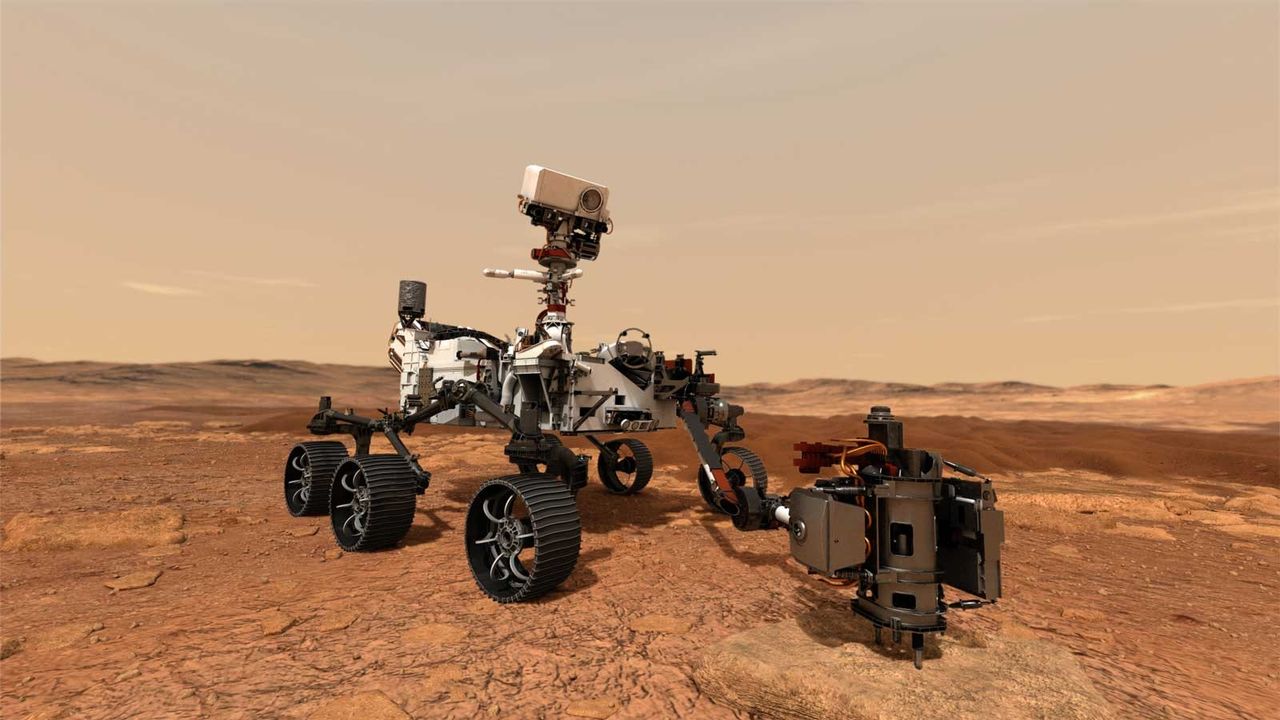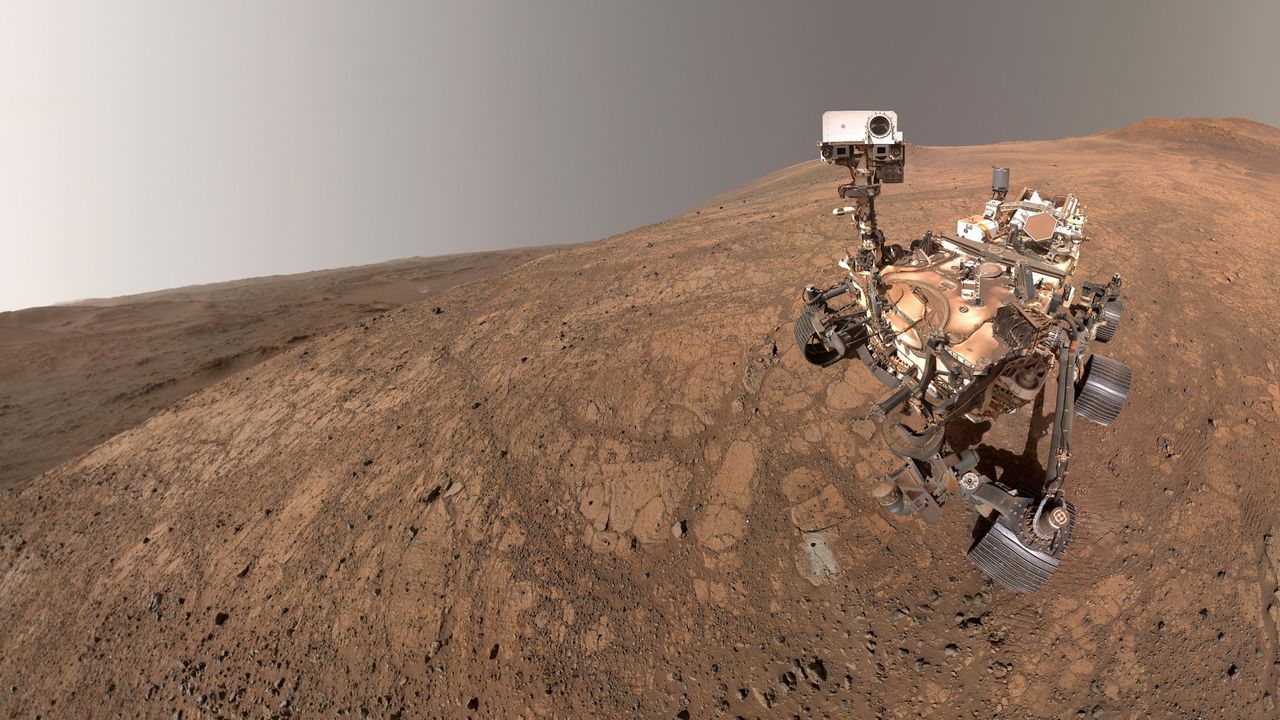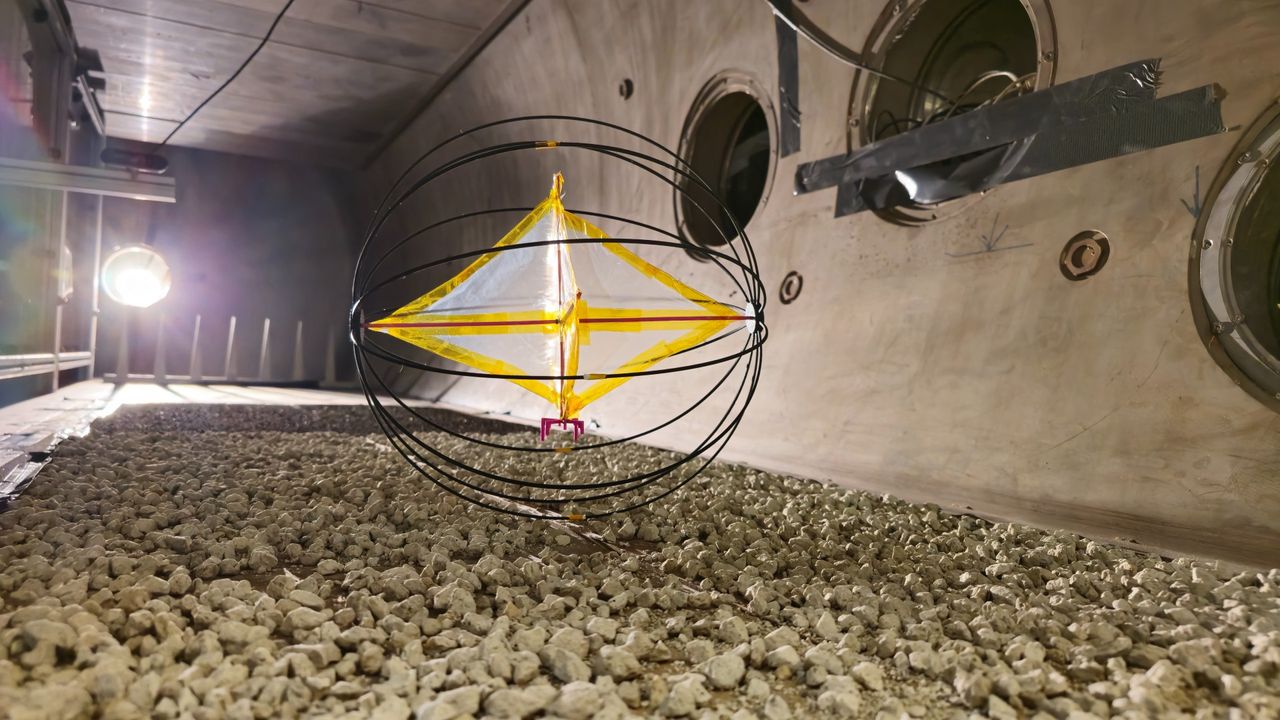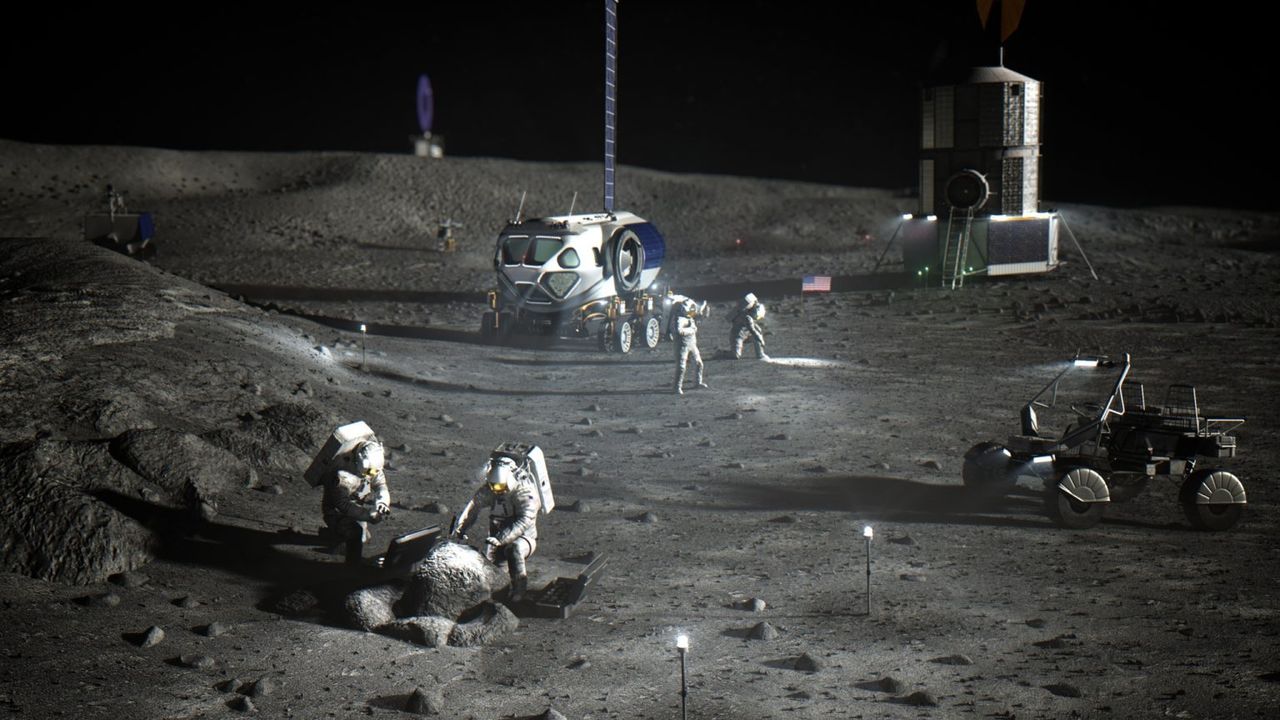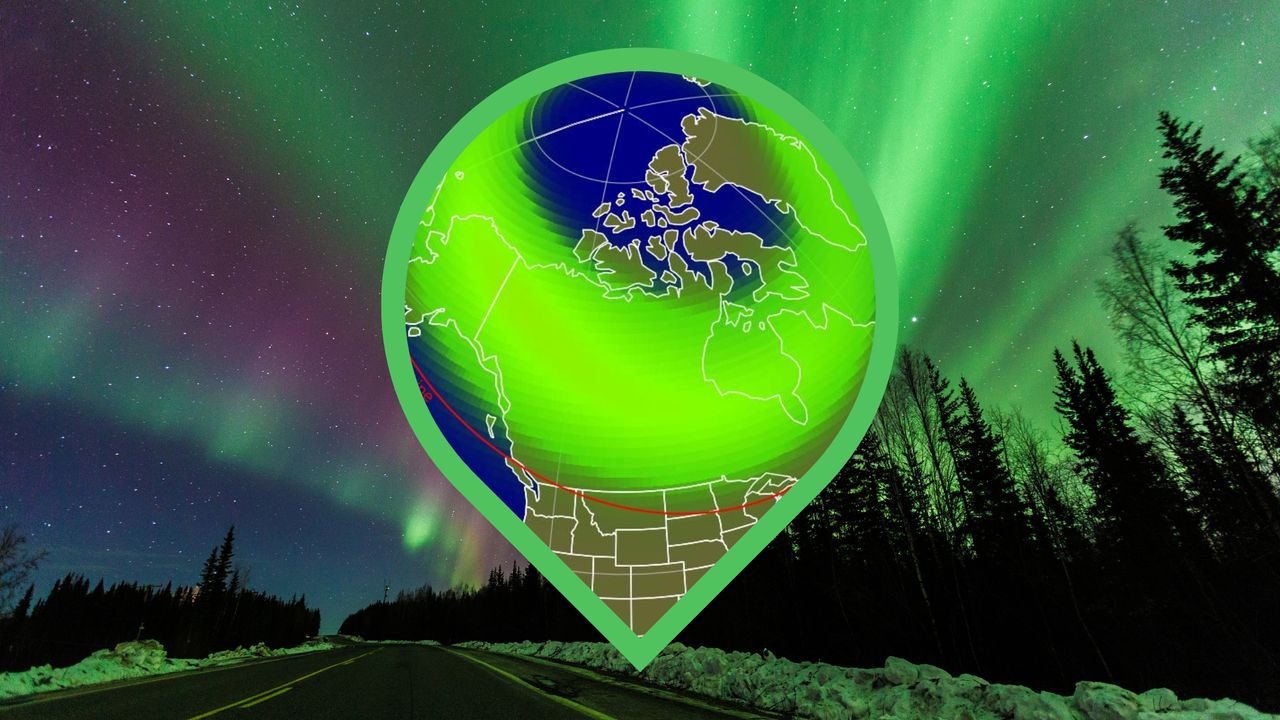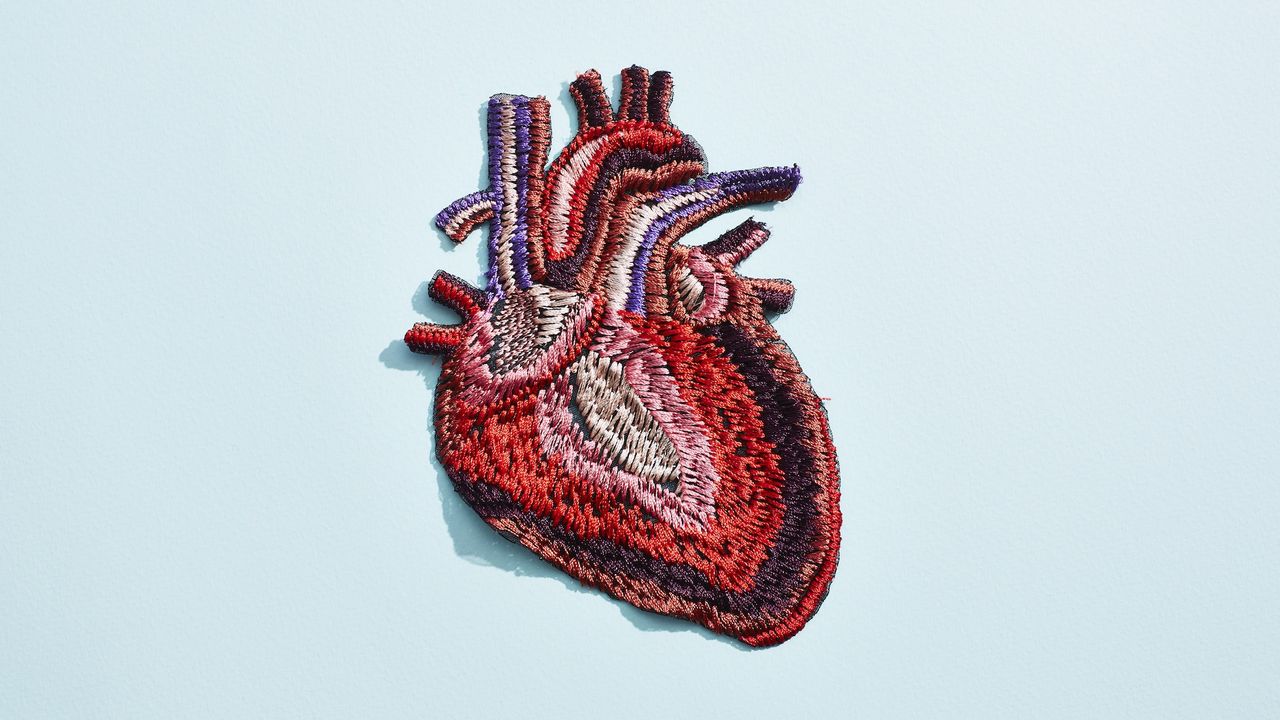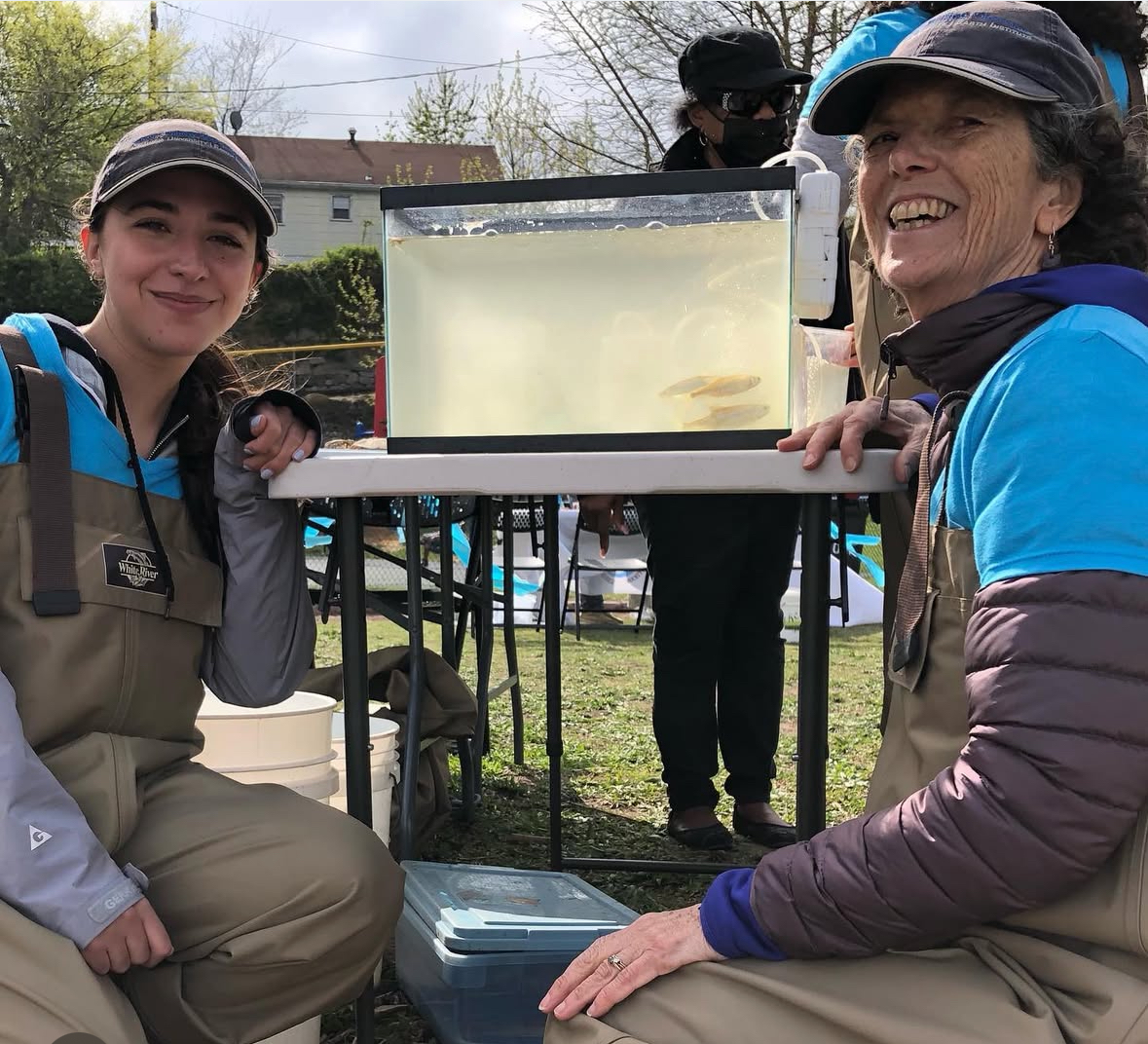How WWII made Hershey and Mars Halloween candy kings
PositiveScience

World War II played a surprising role in shaping the candy industry, particularly for Hershey and Mars. The sugar shortages and military contracts during the war led to the creation of iconic treats like M&Ms and Hershey's bars, which became symbols of American abundance. This transformation not only satisfied the sweet tooth of soldiers but also laid the groundwork for Halloween traditions that we cherish today. Understanding this history highlights how global events can influence everyday life in unexpected ways.
— Curated by the World Pulse Now AI Editorial System
